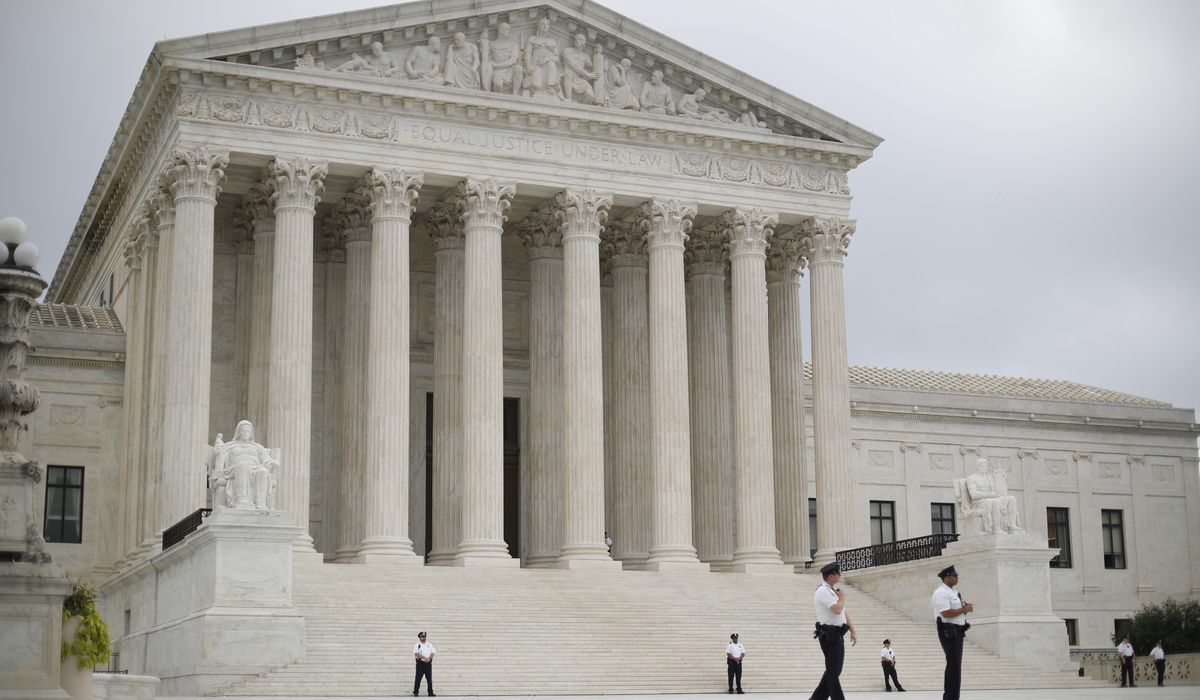


The Supreme Court will decide in its next term if congressional candidates can challenge an Illinois law that allows ballots to be counted up to two weeks after Election Day.
A congressional candidate and two presidential electors in Illinois have challenged the state’s “receipt deadline,” which allows absentee ballots to be received up to 14 days after Election Day.
The challengers — Laura Pollastrini, Susan Sweeney and Rep. Michael J. Bost — argue that the state law is preempted by federal law, which sets Election Day as the first Tuesday in November. They are represented by Judicial Watch.
Lower courts have dismissed the case. The 7th U.S. Circuit Court of Appeals reasoned that the candidates did not have to post election monitoring in 2022 for late ballots and that it was too early to sue over the 2024 elections, which were two months away.
In a court filing, the candidates say they have legal standing to sue, meaning they have suffered an injury from the law. They say they had to “incur costs to run their campaigns for an additional two weeks to monitor ballot receipt and counting.”
“They also claimed a particular interest, as candidates, in an accurate tally of validly received ballots,” the filing reads.
The justices agreed to take up the appeal in June and will hold oral arguments when they return for their 2025-2026 term, which begins in October and runs through June.
It took four justices to vote in favor of hearing the dispute for oral arguments to be granted.
The Illinois State Board of Elections, the defendant in the case, had argued the Constitution gives states the authority to set rules for governing the election.
“Pursuant to the authority granted them by the Constitution, the States have exercised sweeping ’responsibility for the mechanics’ of federal elections … in areas ranging from voter registration to ballot access to mail-in voting,” the state’s filing reads.
Hans von Spakovsky, senior legal fellow at The Heritage Foundation, said the lower court decision was wrong.
“I believe the challengers will win the case, but that the Supremes will simply rule that they have standing and then remand the case to the lower courts so it can go forward on the substantive issue,” Mr. von Spakovsky said.
“It was ridiculous for the Illinois court to say a candidate who is obviously impacted by the state rules governing his election doesn’t have standing to challenge those rules,” he said. “If the candidate doesn’t have standing, who does?”
The case is Michael J. Bost, et al., v. Illinois State Board of Elections, et al.
• Alex Swoyer can be reached at aswoyer@washingtontimes.com.
